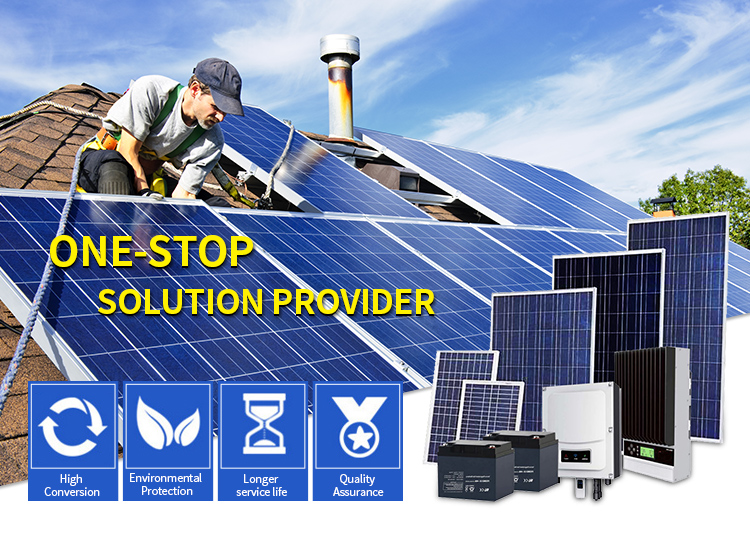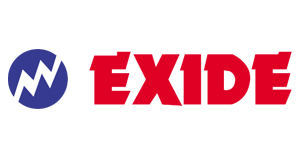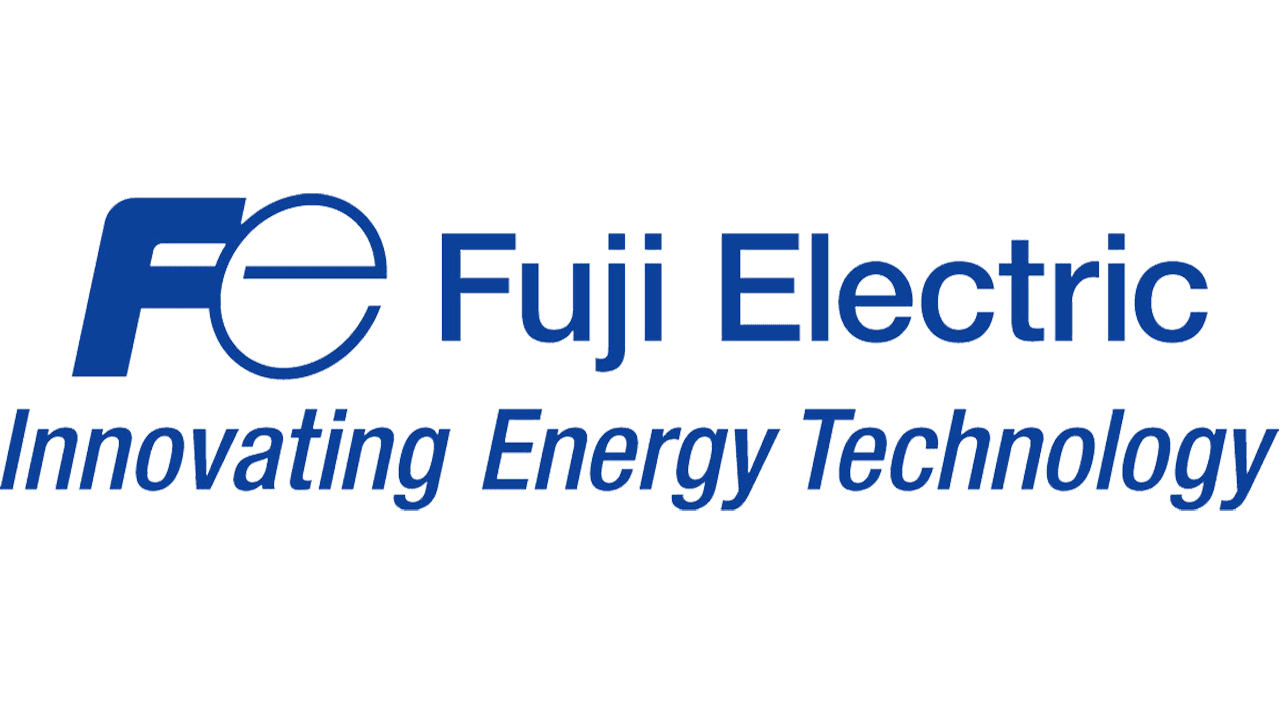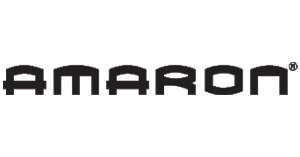Chennai | Bangalore | Hyderabad | Cochin | Mumbai | Pune | Ahmedabad | Indore | Raipur | Jaipur Delhi-NCR | Guwahati | Lucknow | Kolkata | Ranchi | Patna
Delhi-NCR | Guwahati | Lucknow | Kolkata | Ranchi | Patna











